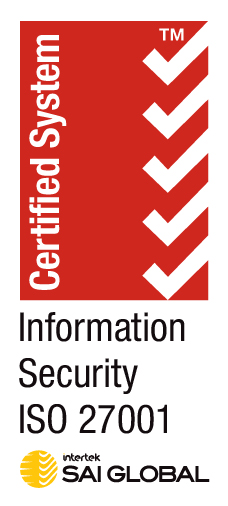Our Software Development Services Journey
Chronicles the journey of WorkingMouse as it navigated the complexities of becoming a leader in legacy system modernisation for government and enterprise sectors. It delves into the company’s early struggles, including operational missteps, challenging client relationships, and the development of innovative tools like Codebots. Through pivotal decisions and key moments, the article highlights how WorkingMouse refined its approach by focusing on people, processes, and tools, ultimately evolving into a trusted partner for modernising critical systems. The article also reflects on the lessons learned and the company’s vision for the future, emphasizing the importance of balance, connection, innovation, and mastery in software development services. Read More…












